AVC Wildlife fundraising for new space after avian flu shuts down rehab work
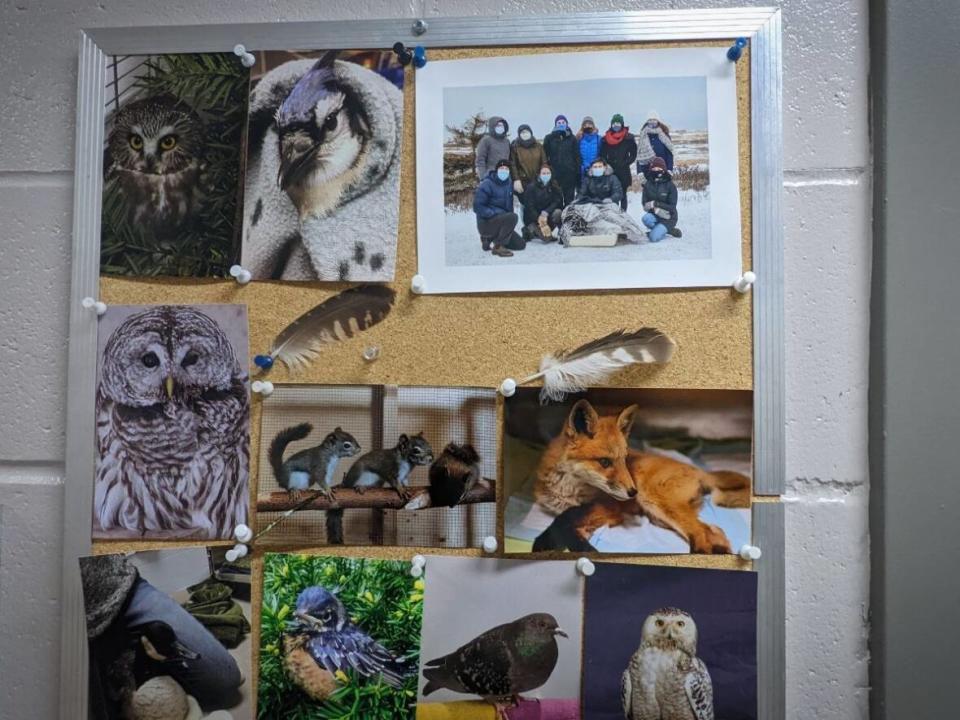
The AVC Wildlife Service is fundraising for a new separate treatment space after avian influenza forced them to stop taking in wild birds in March 2022.
This year, for the first time, the service will be the beneficiary of all donations UPEI receives for Giving Tuesday — the name given to the Tuesday following Black Friday and Cyber Monday.
Dr. Lara Cusack, an assistant professor in zoo, exotics and wildlife medicine at the Atlantic Veterinary College, said the need for the wild bird restriction was disappointing for people like her, who are passionate about rehab work.
"The governing body recommendations have been [that] unless you have space to isolate those animals when they come in to make sure that they don't have signs of avian influenza, then you aren't allowed to do wildlife rehab," Cusack said.
"A lot of institutions would have the ability to do that — separate those animals when they come in, triage them for signs consistent with avian flu."
Cusack said the situation at the AVC is challenging, because they have client-owned exotic pets being treated one room away from the wildlife room. Exotic pets include parrots, guinea pigs and rabbits.
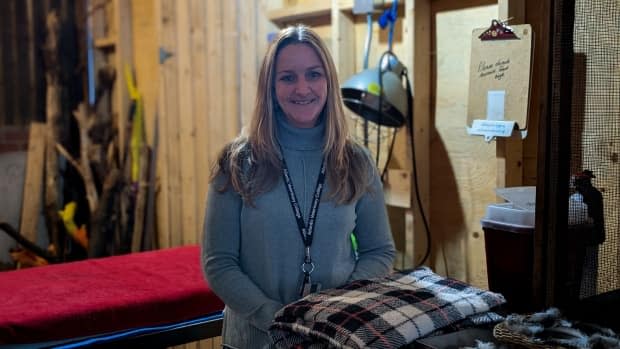
"Right now, we're really limited by the amount of space that we've got, in order to keep those animals separate and safe from our client-owned exotics," she said.
"For example, a parrot versus a wild goose really need[s] to be housed in separate places. That's to prevent cross-contamination of diseases that can spread between our wildlife as well as our domestic species."
'It's devastating'
Cusack said the risk of avian flu being spread has meant turning away wild birds that Islanders wanted to bring to the wildlife service for treatment.
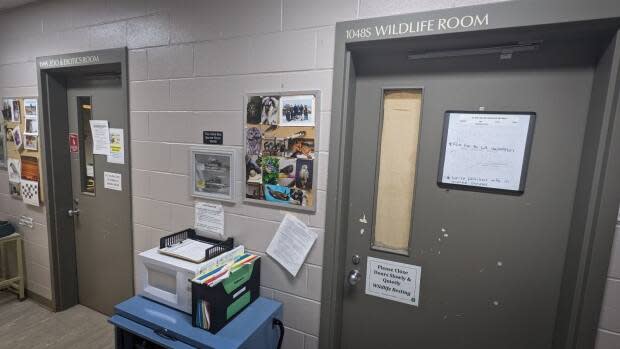
"That's been really disappointing for all of us, obviously, and a big challenge in terms of where those other animals go since they can't come into the vet college right now," Cusack said.
"It's devastating. That's why I became a veterinarian. Wildlife is very near and dear to my heart because they're the animals that come in without an owner, right? They don't have somebody to care for them.
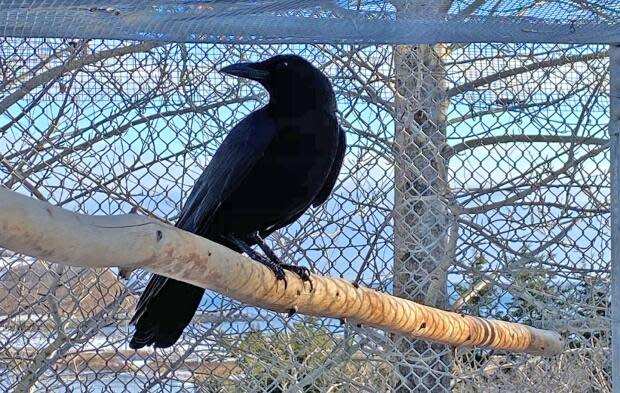
To not be able to do that, based on not having the ability to do it safely for all animals under your care, is really pretty challenging.
— Dr. Lara Cusack, Atlantic Veterinary College
"We have good Samaritans who are more than willing to pick these animals up and bring them in for care.
"To know that you could probably fix an animal, or save its life, and to not be able to do that, based on not having the ability to do it safely for all animals under your care, is really pretty challenging."
The road to recovery
Fiep de Bie, wildlife technician for the AVC Wildlife Service, is also hoping funds can be raised for a new space so that she can start treating wild birds again.
"It was devastating and heartbreaking, really … not only for us, the people that work there, but also for the students. They were little bit disappointed as well.
"It's all very understandable, the reasons why, but it also means we can't really do our job."

On the bright side, De Bie said the wildlife service has been able to treat one very special wild bird: Eagle 450, in their care since October 2021, before the avian flu outbreak took hold in the region.
"He was presumably hit by a car and had severe injuries to the head. And then we discovered a spinal fracture after we did a CT. He had surgery about a month later," said de Bie.
"He was able to stand within a week after the surgery, which was wonderful. This is a groundbreaking surgery. It's the second one in the world that we know of, so this was quite an achievement."
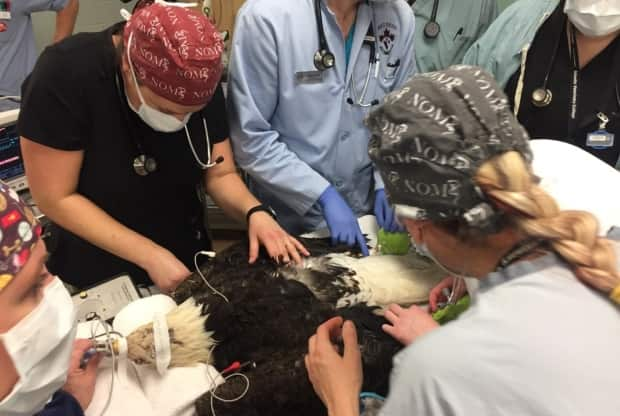
Because of avian flu, AVC staff have had to keep Eagle 450 on his own since March.
"We had to keep other birds out of here because after all that he went through — this was a really long road to recovery — we didn't want to jeopardize that."
It was heartbreaking at the same time that we couldn't take in any other raptors or any other birds.
—Fiep de Bie, wildlife technician, AVC Wildlife Service
De Bie said Eagle 450 will soon be heading to his new home, a new enclosure being built for him at Hope for Wildlife in Nova Scotia.
De Bie said the eagle's recovery has been a comfort for the wildlife service.
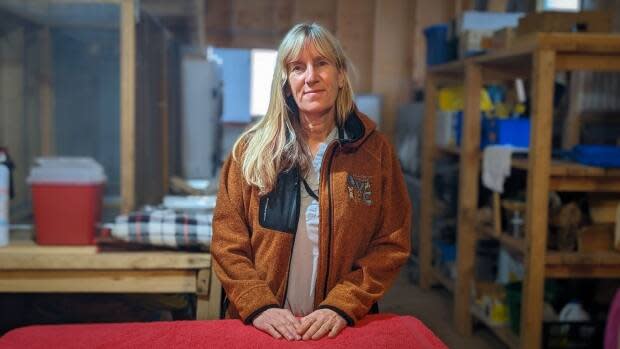
"It meant that we could pay a lot of attention to this eagle, and also have the involvement of the students on his road of recovery. So that was a good thing," de Bie said.
"But of course it was heartbreaking at the same time that we couldn't take in any other raptors or any other birds."

 Yahoo Sports
Yahoo Sports 